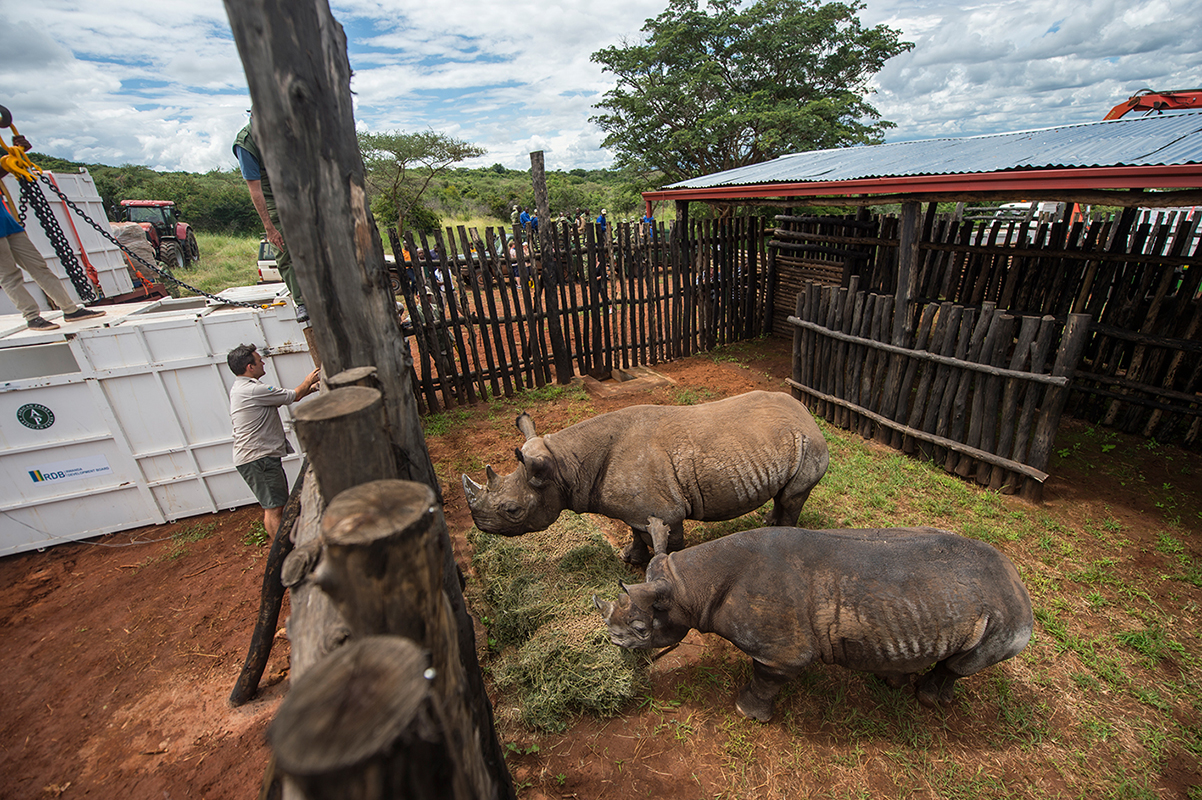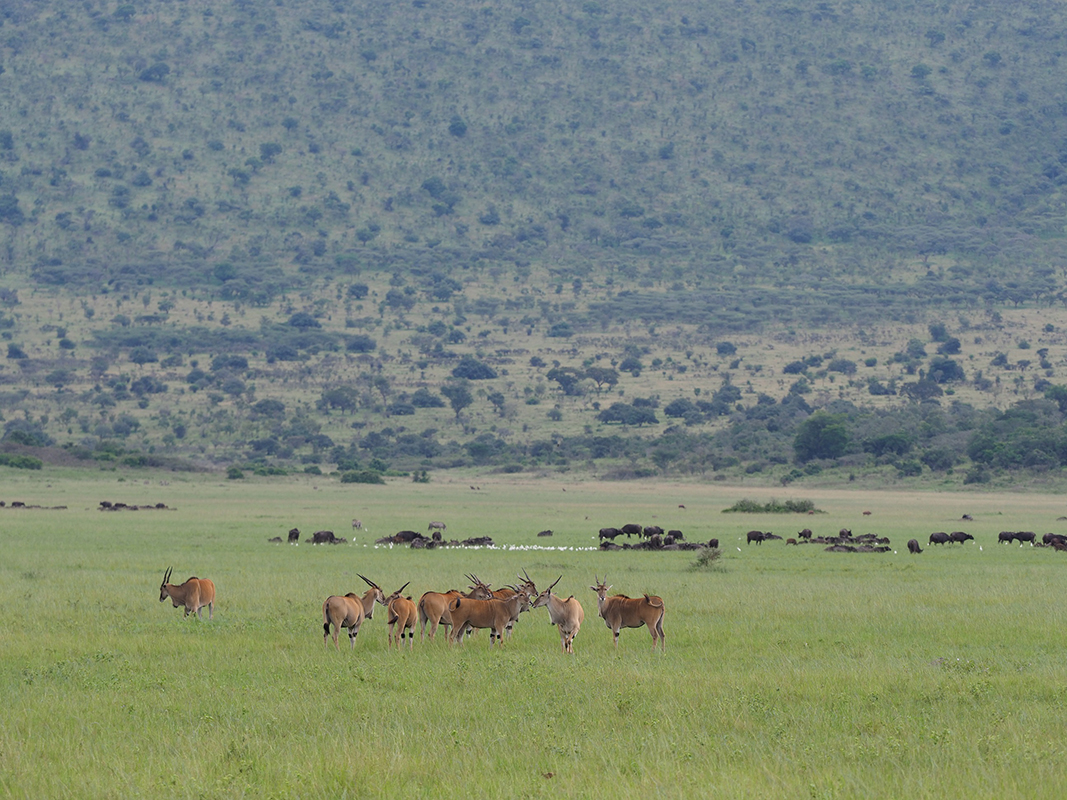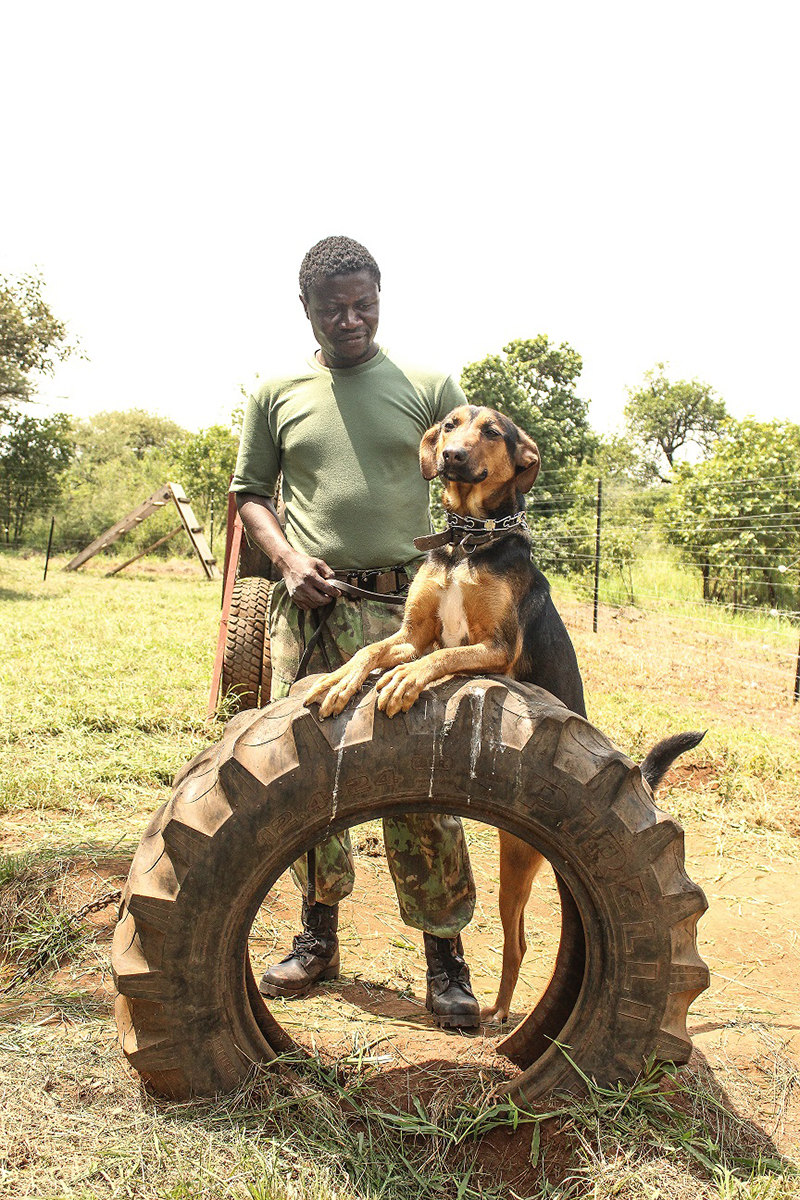This website uses cookies so that we can provide you with the best user experience possible. Cookie information is stored in your browser and performs functions such as recognising you when you return to our website and helping our team to understand which sections of the website you find most interesting and useful.
How Wilderness Safaris is helping HNWs travel with purpose
By Michelle Johnson | 6 August 2018 | Culture, Travel
Wilderness Safaris COO Grant Woodrow tells Tempus about hosting a new trip with the environment at its heart

Many African safari tours have long eschewed their not-so-humble beginnings as extravagant big-game hunts for the Victorian elite in favour of building a contemporary history providing luxury expeditions that are leading the herd on sustainability and environmental protection. One such brand is Wilderness Safaris, which has launched its Travel with Purpose journeys to not only undertake wildlife projects in its partner nature reserves, but to invite their high net worth guests to muck in and truly get involved at the heart of conservation efforts.
The company's newest tour, which will take place 24-28 October, is partnering with the Akagera Black Rhino Monitoring Project based in Rwanda’s Akagera National Park, and offers guests the exclusive chance to take part in conservation efforts for the endangered eastern black rhino, including the darting process, morning and evening game drives across the savannah, and spending time with wildlife experts Jes Gruner, Akagera National Park Manager, and veterinarian Pete Morkel.
“This itinerary forms part of 12 itineraries designed to celebrate Wilderness Safaris’ 35 years of travelling with purpose, and what better way to celebrate our 35th birthday than to indulge in 12 months of adventurous and impactful journeys to exciting destinations, accompanied by local experts, and with unique, privileged behind-the-scenes access to conservation and community processes of Wilderness Safaris and our partners,” said Grant Woodrow, Wilderness Safaris' chief operations officer. “Given the interactive nature of this itinerary all guests participating in the journey will themselves become conservationists. In addition, all funds raised from the journey will be directly channelled into the Akagera Black Rhino Monitoring Project.”
With fewer than 5,000 black rhinos still remaining in the wild, of which just 1,000 are eastern black rhinos, Travel With Purpose is at the forefront of African conservation and reintroduction of this powerful species. Here, Woodrow tells Tempus why Wilderness Safaris is drilling down on persevering these species for future generations.
Grant, tell us about Travel With Purpose, and how you came to collaborate with areas such as Rwanda's Akagera National Park?
Wilderness Safaris has always believed in creating sustainable conservation economies and, unless the business is sustainable, it is impossible to inspire positive action. We believe in having a ‘purpose’ for every engagement and we allow this to drive our decision-making before expanding into new conservation areas. We, in turn, would like to see our guests travelling with purpose and visiting areas where their involvement can positively impact their destination either socially, or in the case of Akagera, in helping to improve biodiversity. The 100,000-hectare Akagera National Park has been managed by African Parks in partnership with the Rwanda Development Board since 2010, where poaching has essentially been eliminated and wildlife is now thriving. Both lion and rhino species were reintroduced recently and now, through our partnership with both African Parks and the RDB, we will be able to offer our guests an extraordinary savannah experience – while at the same time helping to conserve Rwanda’s last protected savannah ecosystem and species like shoebill and black rhino. >>

What is it like for yourself and for your guests to get up close to animals like the eastern black rhino at Akagera?
I have personally been involved in numerous rhino relocations in other parts of Africa, but not until now have any tourists been actively involved in this particular project. The relocation of any rhino into a new area is challenging and quite a sensitive process, so until now Africa Parks have left the rhino to settle into their new habitat. To be given the opportunity to engage with professionals and to get up close to one of these rare beasts is a once in a lifetime opportunity.
Why is it important to you to give back?
One can inspire positive action if you lead by example. By giving back, one is committing to making an improvement either socially or through conservation work. In the case of the Rhino project, we are helping to restore a large mammal species that has become locally extinct within our lifetime, and as a direct result of negative human influence. By giving back, we are showing the world what is right and creating value for the National Park and the surrounding communities at the same time. Hopefully this creates an environment where value for the wildlife is created and ultimately long-term viability of these protected areas.
It's a fascinating business model. How can tourism directly aid conservation and sustainability projects like this?
Through this partnership we will build Magashi Camp, and through effective marketing and sales we will hopefully operate the camp on a profitable basis. These profits will make the Park fully sustainable for the first time in its history. The tourism facilities definitely add to the economy through finance generation, job creation, alternative income streams, and general marketing of the country. Tourism income and exposure of these remote areas plays a very important role in protection as well. Hopefully the local communities realise that the protection of these natural resources will create financial value in the medium to long term and benefit current and future generations.
What can guests expect that they cannot find from other trips?
Akagera is generally undiscovered. Not many people are aware of the area’s beauty and its wonderful diversity. We are confident that the guests will be blown away by the experience. The guests have an opportunity to engage with research and conservation at grass roots level by watching the experts in action. This exercise and experience is seldom offered and should be viewed as a once in a lifetime experience.








